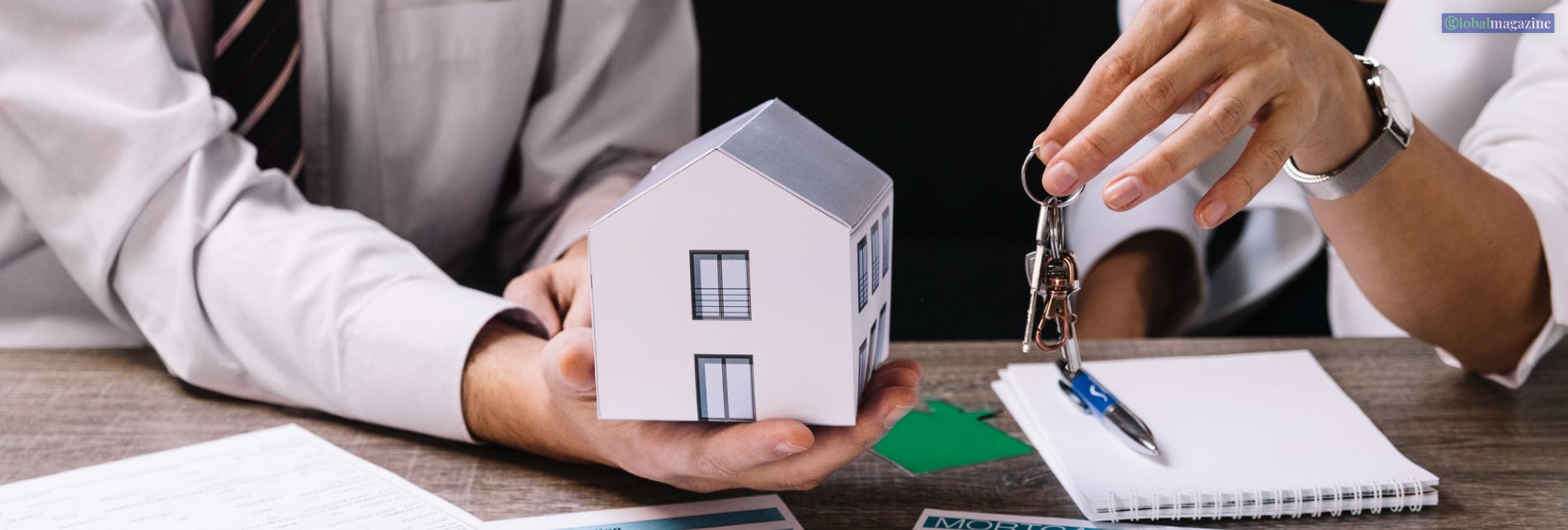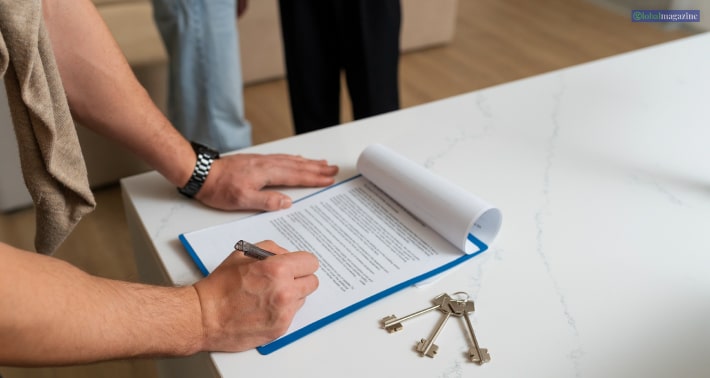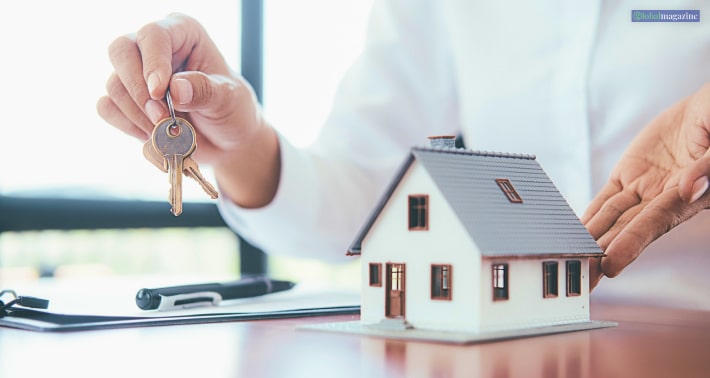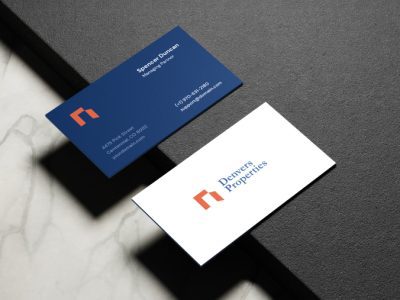Why Leasing A House Is A Smart Choice For Millennials?

What is the best reason for why someone would want to lease a house instead of buy one? This is a question that many millennials face when they are looking for a place to live.
Buying a house is often seen as a sign of success and stability. But it also comes with many costs and responsibilities. On the other hand, leasing a house offers more flexibility, freedom, and some financial and lifestyle benefits.
In this article, I will explain why leasing a house is a smart choice for millennials. I will also tell you what you need to know before you sign a lease. So, keep on reading till the end to learn more…
The benefits Of leasing A House: What Is the reason Why Someone would want To lease a House Instead of buy one?

Leasing a house has many advantages over buying one, especially for millennials who value mobility, convenience, and affordability. Here are some of the benefits of leasing a house:
1. You can save
Leasing a house gives you more flexibility and freedom to move whenever and wherever you want. You can choose a lease term that suits your needs and sublet or break your lease if necessary.
Leasing a house can help you explore new places and opportunities and adapt to changing circumstances.
2. You can enjoy more amenities
Buying a house may not give you access to all the amenities and facilities that you want. These can be a pool, a gym, a garden, or a parking space. You may have to pay extra or travel far to enjoy them.
However, leasing a house, on the other hand, may give you access to these amenities and more. This depends on the property and the landlord.
You can also enjoy the services and support of the landlord or the property manager, such as cleaning, maintenance, security, and emergency assistance. Leasing a house can help you enhance your comfort and convenience and make your life easier.
3. You can avoid risks and liabilities
Buying a house involves many risks and liabilities, such as market fluctuations, natural disasters, legal disputes, and property damage. You may lose money or face lawsuits if something goes wrong with your house or your mortgage.
On the other hand, leasing transfers most of the risks and liabilities to the landlord, who is the property owner. You are only responsible for paying your rent and following the lease terms. Leasing a house can help you avoid stress and hassle and protect your assets and reputation.
The Drawbacks Of Leasing A House: What’s The Catch?

Leasing a house is not without its drawbacks, however. You need to be aware of and prepared for some disadvantages and challenges. Here are some of the drawbacks of leasing a house:
1. You have less control and stability
Leasing a house means that you are not the property owner. You have to follow the rules and regulations of the landlord and the lease agreement.
You may be unable to make any changes or decorating to the house. These include painting, remodeling, or installing new appliances. Additionally, you may also have to deal with inspections, rent increases, evictions, or lease terminations. These can disrupt your plans and preferences.
Leasing a house can make you feel less secure and comfortable and more dependent and vulnerable.
2. You have less equity and tax benefits
Buying a house allows you to build equity and wealth over time as you pay off your mortgage and increase your property value. You can also enjoy tax benefits, such as deductions for mortgage interest, property taxes, and home office expenses.
On the other hand, leasing a house does not give you any equity or tax benefits. This is because you only pay for the property’s use, not the ownership. You are also not eligible for government programs or incentives supporting homeownership.
Leasing a house can make you miss out on some financial and personal rewards and limit your long-term growth and potential.
3. You have less choice and quality
Buying a house gives you more choice and quality, as you can choose from a wide range of properties and features that suit your taste and budget. You can also ensure that your house is well-maintained, updated, and meets your standards and expectations.
On the other hand, leasing a house gives you less choice and quality, as you have to settle for what is available and affordable in the rental market. You may also have to compromise on the house’s size, location, condition, and amenities.
You may also have to deal with issues such as noise, pests, mold, or repairs, which can affect your health and happiness.
How to Lease a House Successfully: A Guide for You!

Leasing a house can be a smart choice for millennials, but it also requires some planning and preparation. Here are some tips on how to lease a house successfully:
1. Do your research
Before you lease a house, you need to do your research and find out as much as you can about the property, the landlord, the neighborhood, and the market. You can use online tools and resources like Zillow, Trulia, or Craigslist to search for and compare different houses and prices.
Moreover, you can also visit the house in person and inspect it for any issues or defects. You can also talk to the landlord and ask questions about the lease terms, the policies, the utilities, and the maintenance.
Learn about the rights that tenants have. You can also check the reviews and ratings of the landlord and the property and see what other tenants have to say about them.
2. Negotiate your lease
After you find a house you like, you need to negotiate your lease and ensure it is fair and favorable for you. You can negotiate the rent, the deposit, the duration, the renewal, the subletting, the pets, the parking, and the amenities. Furthermore, you can also ask for any discounts, incentives, or concessions that the landlord may offer.
You can also request any changes or modifications that you want to make to the house, such as painting, installing, or replacing. You need to ensure that everything is clear and agreed upon and that you have a written and signed lease contract that spells out all the details and conditions.
3. Follow your lease
Once you lease a house, you need to follow your lease and respect your obligations and responsibilities. You must pay your rent on time and in full and record your payments. Besides, you must take good care of the house and keep it clean and tidy. You must report any problems or damages to the landlord and request any repairs or replacements.
It would be best to abode by the rules and regulations of the landlord and the property, such as noise, guests, smoking, or trash. It would help if you informed the landlord of any changes or issues that may affect your lease, such as moving out, breaking your lease, or subletting your house.
Bottom Line: Leasing a house is a Smart Choice, But at What Cost?
Leasing a house is smart for millennials who want to save money, move easily, enjoy more amenities, and avoid risks and liabilities. However, leasing a house also has some drawbacks, such as less control and stability, less equity and tax benefits, and less choice and quality.
Therefore, you need to weigh the pros and cons of leasing a house and decide if it is the best option for you. You also need to research, negotiate your lease, and follow your lease to ensure a successful and satisfying leasing experience. Leasing a house can be a great way to live your life as long as you do it right.
Additional Reading:

























